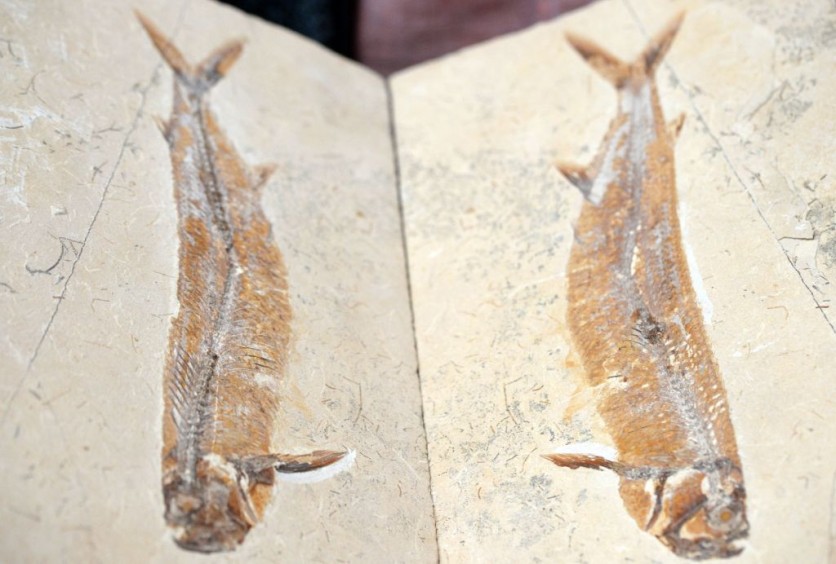After examining thousands of fish fossils, archaeologists from Israel reported that they may have discovered the earliest indications of cooking with fire, according to a report by WION.
This is in contrast to the "definitive evidence" that Neanderthals and early Homo sapiens left behind, which dates from 170,000 years ago. But now, the new study shifts the time frame to more than 600,000 years.

Thousands of Fish Remains
The research, which lasted 16 years, categorized thousands of fish remains discovered in northern Israel's Gesher Benot Ya'aqov.
Irit Zohar, the first author and an archaeologist at Tel Aviv University's Steinhardt Museum of Natural History, claimed that they discovered these old fish fossils along the Jordan River's banks.
She claimed in an interview with AFP that their initial discovery came from the fossils' abundance of teeth, which had "nearly no fish bones" in them.
According to the study, the majority of the teeth were from two exceptionally large species of carp that were over two meters long and may have been chosen for their "succulent" meat.
The team also discovered burned flints and other signs of a fireplace in the same location.
Due to the fact that fish bones break and dissolve at temperatures below 500 degrees Celsius, the first author also claimed that the presence of only teeth indicates cooking.
The examination of the enamel on the teeth, however, revealed something "decisive," according to Zohar.
The Natural History Museum in London's X-ray powder diffraction was utilized by researchers to compare the enamel's crystal structure before and after heating to that of other fish fossils found in the lake.
It was then determined that the temperature range for a well-cooked fish is between 200 and 500 degrees Celsius, according to the teeth from the lake's main area.
The Significance of Cooking
When the early people started eating cooked meals, they spent less energy on the labor-intensive process of finding and processing raw food, giving them more time to create new social and behavioral structures.
According to Linscott's statement with CNN, a postdoctoral researcher at the University of Oxford, diet has significantly influenced how humans have evolved. Although eating raw meat poses a risk due to the presence of harmful microorganisms, it has been hypothesized that meat consumption in particular helped the growth of our early Homo ancestors' brain size.
The study was published in the journal Nature Ecology and Evolution on Monday, Nov. 14.
This article is owned by Tech Times
Written by Jace Dela Cruz
ⓒ 2025 TECHTIMES.com All rights reserved. Do not reproduce without permission.




